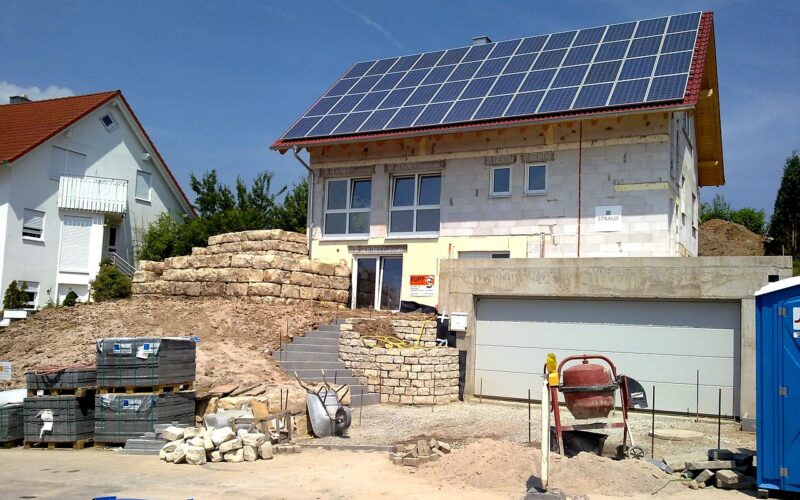Building your dream home is an exciting venture, but it comes with a myriad of potential pitfalls that can lead to stress, delays, and unexpected costs. Understanding these common issues before embarking on your construction project can help you plan better and avoid some of the most common mistakes.
Choosing the wrong contractor
One of the most critical decisions you'll make in the construction process is selecting a contractor. Hiring the wrong contractor can lead to subpar workmanship, delays, and even legal troubles. Ensure you do thorough research, check references, and look at previous work samples. It's also advisable to have a clear contract outlining the scope of work, timelines, and payment schedules. A well-vetted contractor can turn your dream into reality, while a poorly chosen one can make it a nightmare.
Underestimating costs
Budget overruns are a common issue in construction projects. Many homeowners underestimate the total cost of building their dream home by focusing only on the primary construction expenses. However, ancillary costs such as permits, inspections, landscaping, and interior finishes can quickly add up. It's advisable to set aside a contingency fund of at least 10-20% of your total budget to cover unexpected expenses. Consulting with a financial advisor or an experienced builder can provide a more accurate estimate and help you plan accordingly.
Ignoring local regulations and permits
Every locality has its own set of building codes and regulations that must be adhered to. Failing to obtain the necessary permits or ignoring local building codes can lead to hefty fines, work stoppages, or even having to tear down and rebuild parts of your home. Before you start construction, visit your local building authority to understand the permits required for your project. Compliance with local regulations is not only a legal necessity but also ensures the safety and integrity of your home.
Poor site selection
The location of your dream home is as important as the house itself. Factors such as soil quality, drainage, and accessibility can significantly impact the construction process and the long-term liveability of your home. Conduct a thorough site assessment to identify any potential issues. Hiring a professional surveyor can provide valuable insights into the suitability of the land for construction. Additionally, consider the proximity to essential services like schools, hospitals, and shopping centres.
Lack of detailed planning
Detailed planning is crucial for a successful construction project. This includes not just the architectural design but also the construction timeline, material selection, and interior finishes. Lack of detailed planning can lead to delays, cost overruns, and a final product that doesn't meet your expectations. Work closely with your architect and builder to create a comprehensive plan. Regular updates and adjustments to the plan can help address any issues that arise during construction.
Poor communication
Effective communication between all parties involved in the construction process is essential for avoiding misunderstandings and ensuring a smooth workflow. Regular meetings, clear documentation, and prompt responses to queries can help keep everyone on the same page. Use project management tools to track progress and address any issues promptly. Poor communication can lead to mistakes, rework, and delays, turning what should be an exciting project into a frustrating experience.
Ignoring future needs
When designing your dream home, it's easy to focus solely on your current needs and lifestyle. However, it's essential to consider your future requirements as well. Think about the possibility of a growing family, ageing in place, or even resale value. Flexible design elements, such as multi-purpose rooms and accessible features, can add long-term value to your home. Consulting with a real estate expert can provide insights into market trends and what features can enhance your home's value over time.
Building your dream home involves meticulous planning and attention to detail. By being aware of these common pitfalls, you can take proactive steps to mitigate risks and ensure a smoother construction process. Remember, the goal is not just to build a house, but to create a home where you and your family can thrive for years to come.




















